


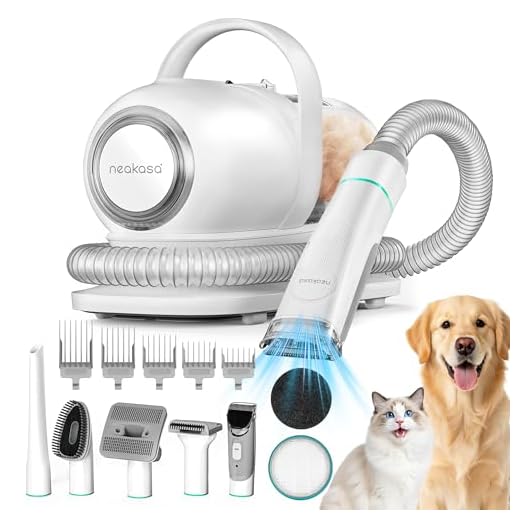
First, gather all necessary supplies in one place: a mild shampoo designed for pets, a non-slip mat, and a towel. This preparation minimizes stress for both you and your furry companion.
Next, consider using a damp cloth instead of a full immersion. Gently wipe down areas that need attention, such as paws and face. This method keeps the experience calm and less intimidating.
Incorporate treats and praise throughout the process. Positive reinforcement helps create a more enjoyable atmosphere, making your four-legged friend more receptive to the experience.
Lastly, always ensure the environment is warm and inviting. A cozy space reduces anxiety, allowing for a smoother and more pleasant grooming session.
Tips for Managing Feline Hygiene without Water
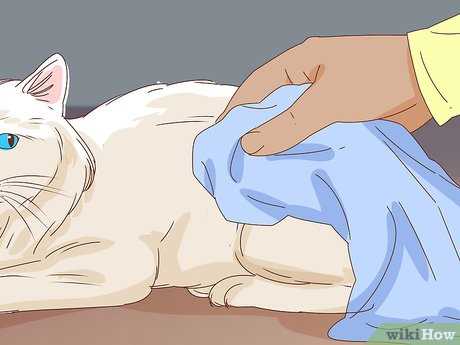
Grooming sessions with my humans are often chaotic, but there are ways to make it smoother. Start with a quality brush designed for my fur type. Regular brushing reduces shedding and keeps my coat healthy. Aim for a few times a week; it helps prevent matting and tangles.
If I’m particularly dirty, use pet-safe wipes specifically made for fur. These can effectively clean my paws and face without the need for a bath. Look for wipes that are hypoallergenic and free from harsh chemicals.
When dealing with stubborn spots, consider a dry shampoo formulated for pets. Apply it as directed; it absorbs oils and dirt, leaving me smelling fresh without a rinse. Just ensure I’m comfortable with the process to prevent any resistance.
Regularly check my ears and teeth. Use a soft, damp cloth for my ears and a pet toothbrush with special toothpaste for my dental hygiene. Keeping these areas clean contributes significantly to my overall health.
If you notice any unusual behavior or signs of discomfort, consult a vet regarding potential issues like worms. For more information, you can check out this treatment for worms in cats. Prioritizing my well-being will make grooming much easier in the long run.
Understanding Your Feline’s Fear of Liquid
Many of us experience trepidation when faced with a certain element, and for some felines, this element is liquid. It’s essential to recognize that this fear often stems from instinctual behavior. My ancestors, wild cats, avoided water bodies since they might harbor predators or pose risks. This instinct persists in my kind, leading to a natural aversion.
Associative memories play a significant role too. If a feline had a negative encounter with liquid–like a sudden splash or being caught in the rain–these experiences can create lasting anxiety. It’s important to understand that every encounter shapes our perceptions, and a few unfortunate instances can lead to a strong dislike.
Additionally, the sensory experience of liquid can be overwhelming. The sensation of being wet can be uncomfortable and disorienting, especially if it contrasts sharply with a cat’s usual dry, warm environment. Recognizing this discomfort can help in finding alternatives to manage hygiene without causing distress.
Finally, social learning shouldn’t be overlooked. Observing humans or other animals enjoying water can sometimes lead to curiosity, but more often, it reinforces a cautious stance. It’s not uncommon for felines to mirror the attitudes of their companions, leading to a heightened sense of fear. Understanding these factors can guide you in addressing this aversion thoughtfully and compassionately.
Choosing the Right Cleaning Products for Felines
Always opt for products specifically designed for pets. Human shampoos can irritate sensitive skin and disrupt natural oils. Look for pH-balanced formulas that cater to furry companions.
- Natural Ingredients: Choose items with natural components like aloe vera or oatmeal. These soothe and moisturize.
- Hypoallergenic Options: Select hypoallergenic solutions if allergies are a concern. These are less likely to cause reactions.
- Waterless Options: Investigate dry shampoos or wipes. They provide a convenient alternative without the need for rinsing.
- Odor Neutralizers: For stubborn smells, find products that neutralize odors rather than just masking them.
Read labels carefully. Avoid anything with harsh chemicals or artificial fragrances. Prioritize gentle cleaning solutions to maintain comfort and safety.
- Test a small amount on a less visible area first to check for reactions.
- Consult with a veterinarian for recommendations tailored to specific needs.
- Store products safely out of reach to prevent accidental ingestion.
With the right items, keeping my coat fresh can be a breeze, even for those who dislike baths.
Dry Bath Methods for Felines Uncomfortable with Water
Try using dry shampoo specifically designed for pets. These products absorb oils and dirt without the need for rinsing. Simply sprinkle a small amount on my fur, massage it in, and brush it out for a refreshed look. Always choose a formula that is safe for my sensitive skin.
Wipes and Cloths
Moisture-wicking wipes can be a game changer. They come infused with gentle cleaning agents that help eliminate odors and dirt. Just wipe me down from head to tail, and voilà–I’m clean without the splash!
Brushing Techniques
Regular brushing can reduce loose fur and dander, minimizing the need for more intense cleaning. Use a slicker brush or a rubber grooming mitt, which can be soothing and stimulating for my coat. Aim for a session at least once a week, adjusting based on my shedding patterns.
For those hard-to-reach areas, consider using a damp cloth. This method requires only a small amount of water, making it less intimidating. Make sure to reward me with treats or praise afterward, so I associate the experience with positive feelings.
For additional grooming tips, check out this article on are cordless lawn mowers worth it. Even though it’s about mowers, I find it fascinating how humans manage tools for their own upkeep! Remember, keeping my coat tidy is a team effort.
Brushing Techniques to Minimize Dirt and Odor
Regular grooming is key to keeping fur clean and fresh. I recommend using a slicker brush to remove loose hair and debris effectively. This tool helps in untangling knots while capturing dirt trapped in the coat.
Brushing Schedule
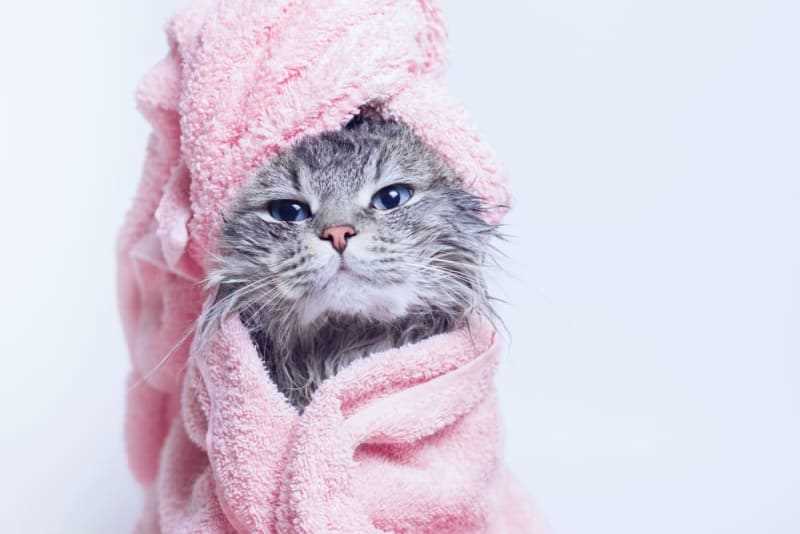
Establish a routine. Aim for at least two to three sessions per week. Longer-haired breeds may require daily attention to prevent matting and reduce odor. Consistency builds comfort.
Technique Tips
Start brushing from the head and work towards the tail. Use gentle strokes to avoid discomfort. Pay extra attention to areas prone to tangles, like behind the ears and under the legs. Always follow the direction of hair growth.
| Type of Brush | Best For |
|---|---|
| Slicker Brush | Removing loose fur and dirt |
| Comb | Untangling knots |
| Rubber Brush | Gentle massaging and capturing loose hair |
Incorporate short, positive breaks during grooming. Treats and gentle praise can create a more enjoyable experience, making me look forward to our sessions. Keeping my coat in top condition minimizes odors and keeps me looking sharp!
Creating a Calm Environment for Cleaning
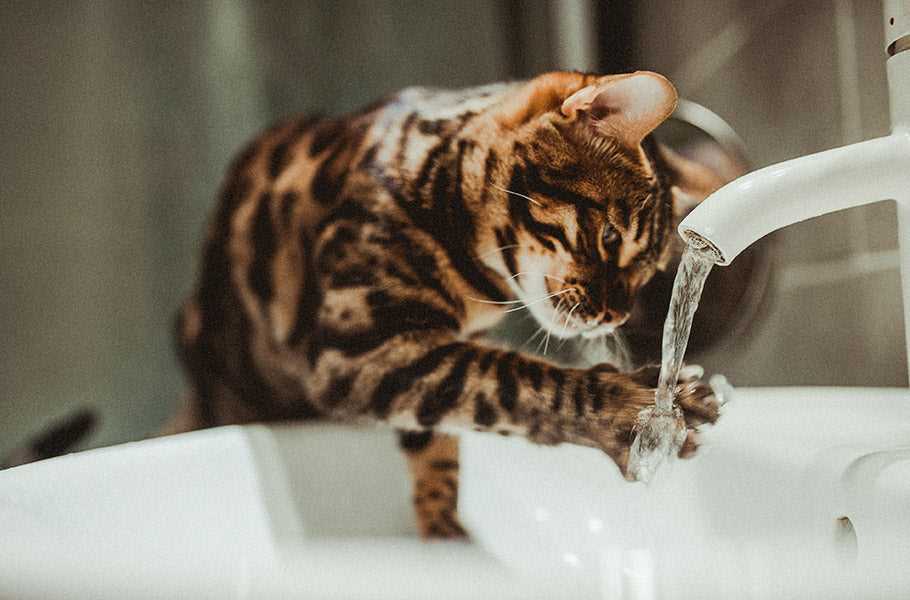
First, prepare a quiet space. Choose an area away from loud noises and distractions. A serene setting helps me feel more secure.
Next, use familiar items. Place my favorite blanket or toys nearby. This creates a sense of comfort and reduces anxiety.
Control the temperature. A warm environment can be soothing. If it’s too cold, I might become more agitated.
Introduce calming scents. Consider using pheromone sprays or diffusers designed for pets. These can help ease my apprehension during the process.
Offer treats and praise. Rewards create positive associations. While I’m being groomed or attended to, having tasty snacks nearby can make the experience more pleasant.
Stay patient. If I show signs of stress, take a break. Rushing only increases my unease. Allowing time to adjust is key.
Finally, maintain a gentle touch. Sudden movements can startle me. Soft, slow actions during the entire experience make me feel safer.
Establishing a Regular Grooming Routine
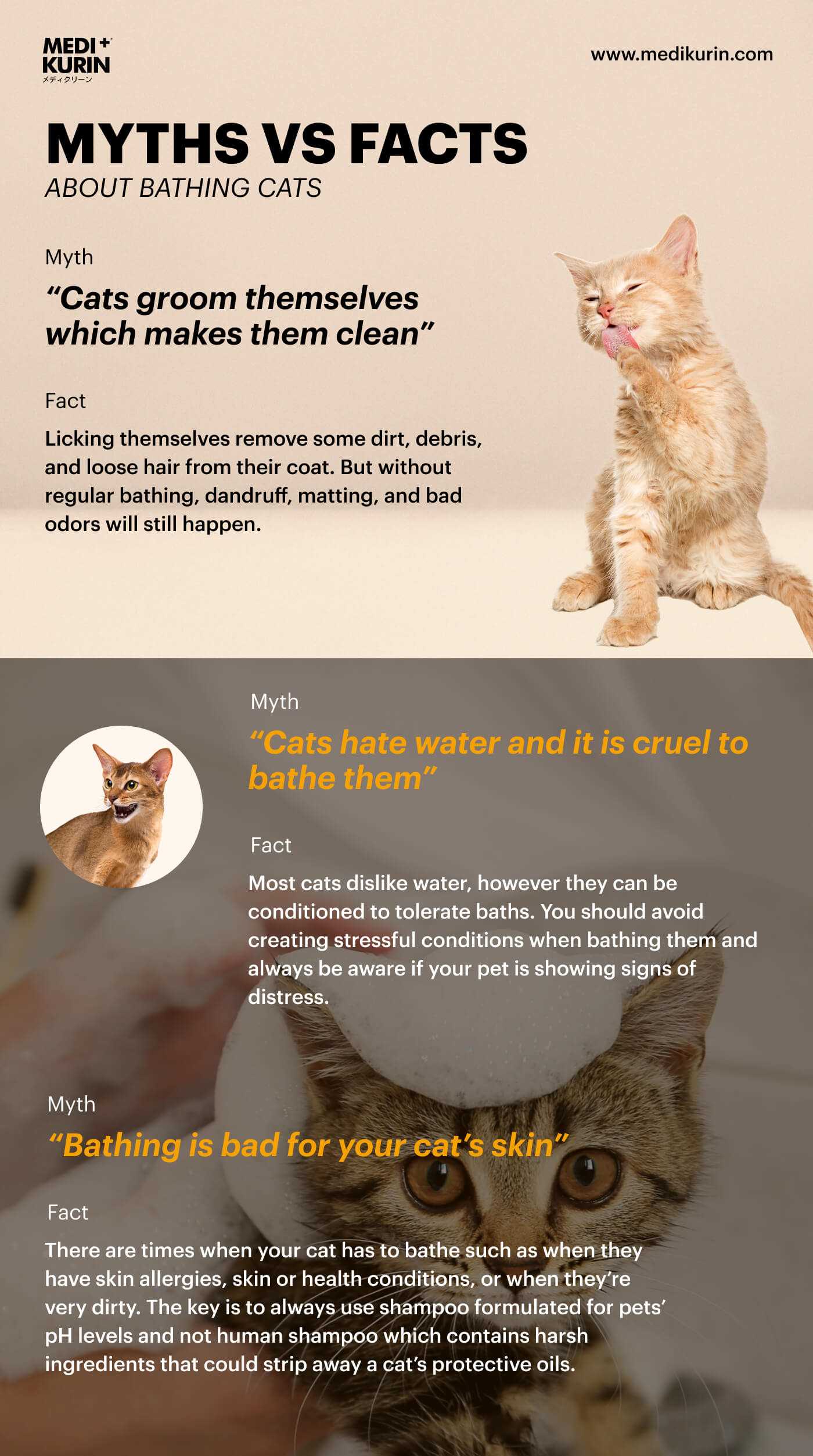
Consistency is key. I’ve found that setting a specific schedule for grooming makes the process smoother for both of us. Aim for at least once a week. This not only keeps my fur looking fabulous but also helps reduce shedding and minimizes odors.
During our grooming sessions, I prefer a quiet spot where I can relax. My human uses a gentle brush, which is a must. The right tool makes a significant difference. Opt for a soft-bristle brush or a comb designed for my coat type. For me, a slicker brush works wonders, but it varies for others.
While brushing, my human pays attention to areas where tangles often form, like behind the ears and under the chin. It’s crucial to be gentle to avoid discomfort. I appreciate a slow approach, with reassuring pets and soft words to keep me calm throughout the process.
Incorporating treats during these sessions can also create a positive association. I love a little reward after I’ve been a good sport! This makes me look forward to our regular grooming time instead of dreading it.
Lastly, keeping track of how often we groom helps us stick to our routine. A simple calendar or reminder on my human’s phone works well. This way, neither of us forgets our grooming dates, leading to a happier and healthier me!







